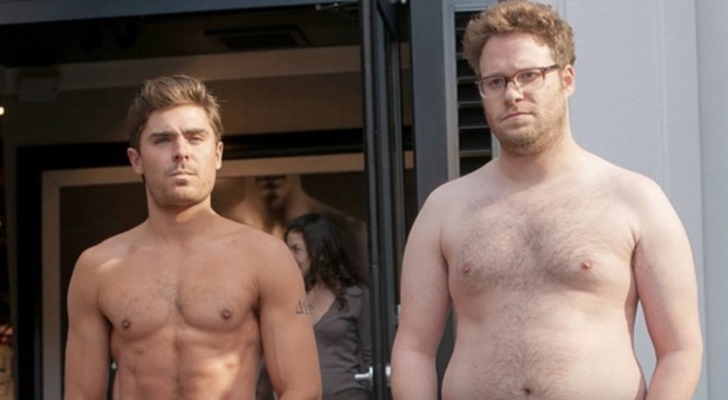Rising from the ashes. Building something new.
Four years after the release of the original Black Panther film, the Marvel Cinematic Universe has returned for its sequel, Black Panther: Wakanda Forever.
Commended for its progressive casting and diverse racial representation, the film’s telling of minority stories in a new heroic light isn’t typically seen in the mainstream American film industry.
With a predominantly Black and Latinx cast and Black directorship, the film stays true to its intent and maintains authenticity during the creative process.
“I was worried before seeing the film about the portrayal of a Latinx based culture versus a portrayal of an African culture being a minority v. minority movie despite the fact they are both powerful and proud cultures. I was relieved by the uniting of the people in the end and how that’s a great message!” LPC student, Eric Albarico Jr said.
Directed by Ryan Coogler and produced by Kevin Feige and Nate Moore, “Black Panther: Wakanda Forever” tells a tale of grief, loss, heartbreak and healing. It weaves together a story of destruction and creation, oppression and rebellion and cultural pride and power.
Since the first film, “Black Panther” has been intrinsically connected to race and culture.
The roots of race and identity grow deep in the fictional nation of Wakanda and travel back in time, touching on pivotal historical moments and eras, such as Western colonialism, the Haitian Revolution and the Civil Rights Movement.
While the original “Black Panther” comics are believed to have little connection to the Black Panther Party, the film draws parallels between their shared intentions.
Established in 1966 in Oakland, California, by Huey P. Newton and Bobby Seale, the Black Panther Party promoted self-defense from police brutality, the Black power movement, community aid programs and socialist ideals.
Similar principles of armed self-defense are adopted by Wakandans throughout the movies, evident in the existence of the Dora Milaje, Wakanda’s powerful women warriors. Black power and pride also stand strong throughout the film, vocalized through the “Wakanda Forever” salute.
The film also pays tribute to the Haitian Revolution through the discovery of the late King T’Challa’s son, Toussaint, on the shores of Haiti.
The 1791-1804 Haitian Revolution, led by Black general Toussaint L’Ouverture, was a successful slave-led rebellion that toppled the French regime in Saint-Domingue, today known as Haiti.
The naming of T’Challa’s son after this revolutionary leader honors Haiti’s legacy and reflects the similar values that Wakanda also fights for: autonomy, freedom and Black power.
A new revelation to Wakandans and fans alike comes in the form of Namor, the anti-hero god-like leader of the hidden underwater kingdom of Talokan, played by Latinx actor Tenoch Huerta.
The introduction of the Indigenous Mayan leader Namor, the Mesoamerican-inspired nation of Talokan and the people of the nation, the Talokanil, presents a secondary angle to the discussion of culture and race in the film and provides a wider field of representation.
This civilization is said to closely reflect the underwater city of Atlantis, but is also based on the mythological Aztec city of Tlālōcān.
A large focus of the film lies in the conflict between the two minorities, the Talokanil and the Wakandans, ironic in the face of other threats Wakanda encounters in the shape of primarily white world superpowers.
“I loved the way the film continued to showcase African culture, and Ryan Coogler went a step further and introduced a version of Namor that was heavily inspired by central and southern American culture. The little boy in me was completely elated to finally see a superhero that looked like me,” student Jose Luis Peralta said.
With the unfortunate 2020 death of actor and “Black Panther” hero, Chadwick Boseman, many LPC students felt that the film did a notable job of honoring Boseman’s memory and the work he did as the inspirational character of King T’Challa, the Black Panther, on the screen.
While T’Challa paved the way for the future of Wakanda, his sister Shuri, the new Black Panther played by actor Letitia Wright, offers something different through her intelligence and resourcefulness.
“I enjoyed the new villains and thought their storyline was really interesting. I still think Black Panther: Wakanda Forever lacked a lot compared to the first one, but it was still a decent sequel and I loved that a big portion of the film was to pay tribute to Chadwick Boseman,” student Ariana Finley said.
After the loss and hardships Wakanda has faced through the death of their protector and the loss of their source of vibranium, an overhanging sense of unease lingers as Wakanda sits on the brink of war with the world.
However, the ending gives way to a sense of hope after the successful lab recreation of the vibranium-filled Heart-Shaped Herb.
While the future of the “Black Panther” films appears open-ended, one thing that can be expected is the continued discussion of race, culture and representation in the world of Wakanda.
Sagurika Ujjual is the arts and entertainment and social media editor for The Express. Follow her @SagurikaU.




